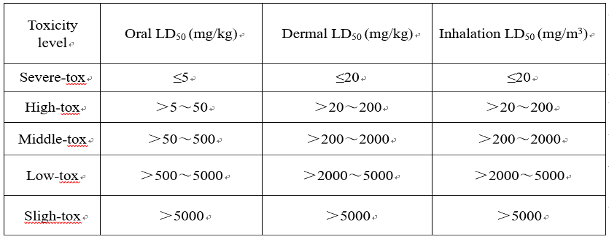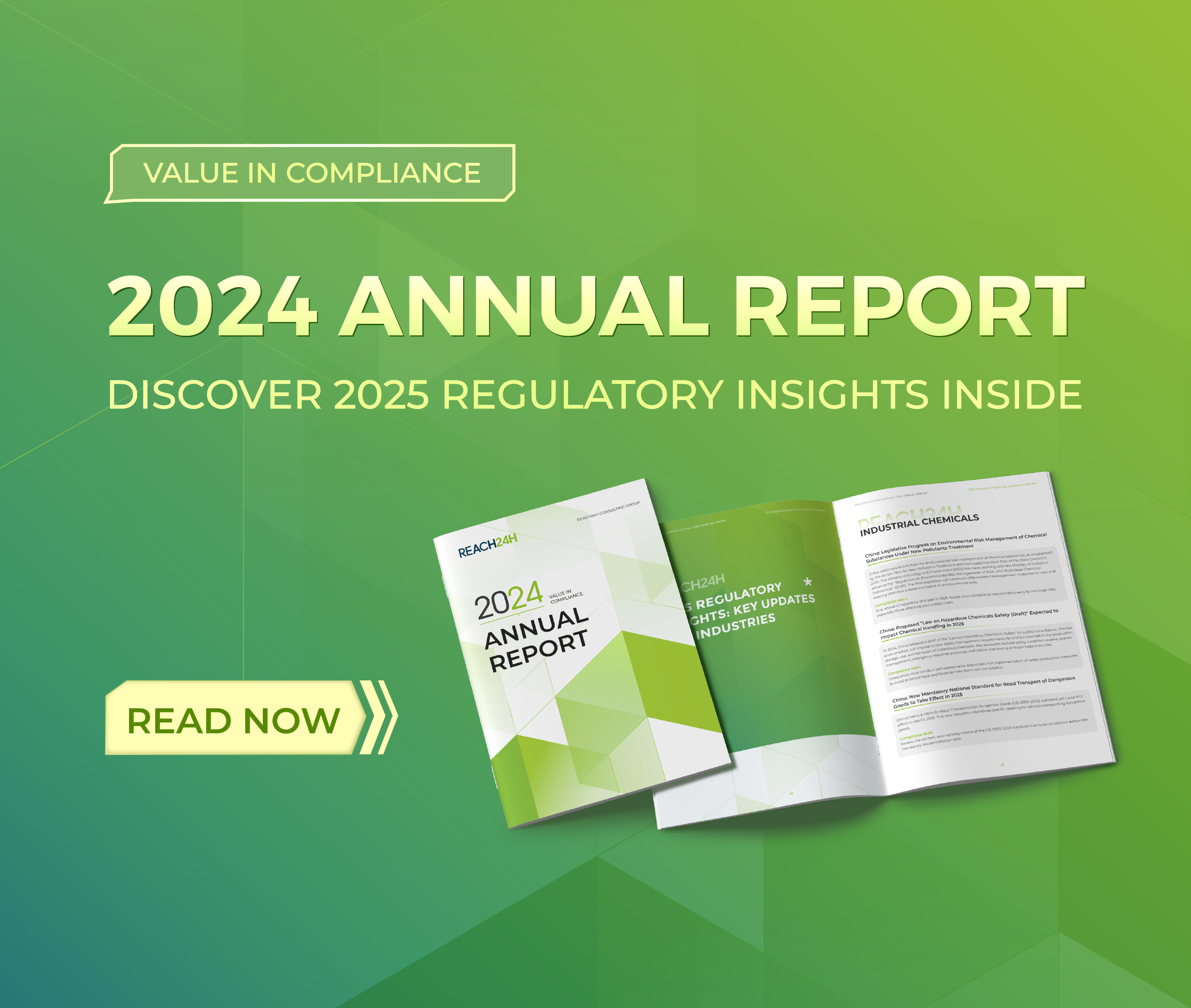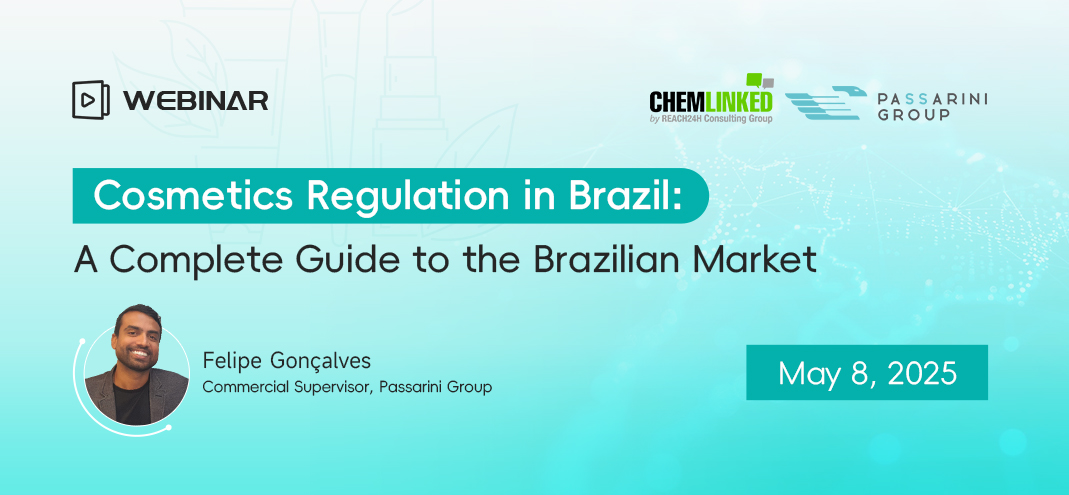China Pesticide Regulation and Registration |Q&A
On February 23, the “Webinar I:Experts Talk | China Pesticide Regulation and Registration“ of “Pesticide Registration TALK | 2022 Global Pesticide Registration Online Public Course” held by REACH24H focused on the sore point of new pesticide registration, our expert shared the trend of pesticide registration in China, introduced the new pesticide registration procedures in China, analyzed the compliance strategies of new pesticides, and finally interpret the latest pesticide policies and requirements. After the webinar, we sorted out the questions and answers from attendees and shared them with enterprises for reference.

Q1: Are there any ongoing efforts in China to be part of OECD so that they can be part of MAD? Any timelines this can be a reality, When China is expected to be part of OECD so that they will be part of MAD. Are there any efforts ongoing to convince the Govt on this? Could you please provide an update on Mutual Acceptance Data discussions?
A1: “China is trying the best to participate in the MAD. China’s government and organization had held a meeting with the OECD organization, GLP organization and FAO organization in March 2021, China government hoped that the OECD can conduct a pre-assessment of China’s MAD, and China will revise it in accordance with the pre-assessment requirements to speed up the process of mutual recognition, but this proposal was opposed by some countries.”
Q2: On the result of the evaluation by CA, does CA pass back the dossier from the submitter in some case? If yes, how’s the rate?
A2: The MOARA will not return the dossier to the applicant after the dossier is accepted. However, the applicant could request the MOARA to return the dossier after 5 years after the official makes the decision of approval or not.
Q3: Related to cost, 10-20 million USD? What currency is the cost quoted in?
A3: The currency is CNY. The estimated cost for new chemical pesticide registration in China is about 10-20 million CNY.
Q4: Do you still export banned or restricted pesticides to other countries? Could you please share the list of restricted and banned pesticides in China?
A4: Some pesticides banned/restricted in China, such as paraquat, can still be exported abroad, on the premise of meeting the requirements of the Rotterdam Convention and the importing country. And yes, there is a list of restricted and banned pesticides in China, if you need this list, please contact us (customer@reach24h.com) for a quotation, thank you.
Q5: It is necessary to have an Experimental Use Permit to develop local efficacy trials? If yes, what are the requirements?
A5; No. There is no need to apply for experimental permission now. All experiments only should be recorded on the MoARA website.
Q6: Are pheromones considered a pesticide?
A6: Yes, pheromones are under the pesticide regulation and should be registered in China. REACH24H has extensive experience in the registration of biochemical pesticides, especially pheromones.
Q7: Can livestock metabolism studies be waived if it’s demonstrated that consumer exposure will be below the ADI? Does China provide Chinese consumer data to calculate dietary exposure?”
A7: For the first question, the answer is No, Livestock metabolism studies can be waived only if the target crop for registration is not animal food/ feed.
For the second question, the answer is Yes, China has published national average food consumption data, which can be used to calculate exposure in dietary risk assessment. You can get more information from this website link: http://www.nhc.gov.cn/wjw/zcjd/201304/948d20078f02441aa087050f5aade76c.shtml”
Q8: To register Proprietary TC (Technical grade material )in China, is it necessary to conduct Carcinogenicity study and Reproduction study just for export outside China. The TC is not used for formulation in China.
A8: If this proprietary TC is a new TC in China, carcinogenicity test data and reproduction test data are required when applying for export-only registration, and you can also use foreign data in this part. Otherwise, carcinogenicity test data and reproduction test data are not required when applying for export-only registration.
Q9: “A: The Brazilian authorities require the strict linking with the manufacturing site (address) with the dossier data of a TK or formulation. We noted some Chinese companies had changed its site production /address. How did the Chinese Authority manage this situation?
B:It is required a new dossier (P&C; Tox: Environmentally assessment)?”
A9: “A: Chinese company must obtain manufacturing license firstly for new manufacturing site. In other words, a manufacturing license is required by the Chinese Authority when the site production/address has been changed.
B: No, for new manufacturing license, some data are required by the Chinese authority. However, a new dossier is not required for TK or formulation registration with the new manufacturing site.”
Q10: It is mandatory to register the TC/TK? How does this work when the TC/TK is already registered in the Country? This applies to the bio-pesticides?
A10: “For new pesticides, the first applicant must register the TC/TK and formulation together, and other companies can only register one of them. For the chemical pesticide and bio-pesticide, if the TC/TK is still within the 6-year new pesticide protection period, other companies need to register according to the new pesticide requirements. If it has been registered for more than 6 years, it can be registered according to the me-too TC/TK requirements. ”
Q11: Are pesticide devices (i.e. a product that contains a germicidal UVC light) regulated in China? What’s the definition for the degree of toxicity (slight, low, middle, or high) in China?
A11: No. Pesticide devices are not regulated by the China pesticide regulations. The pesticide toxicity classification in China are as follows:

Upcoming Events
Pesticide Regulation TALK | Global Pesticide Registration in 2022
If you have any questions about this webinar, please contact us:
Tel: +86-571-87006630
Email:customer@reach24h.com


